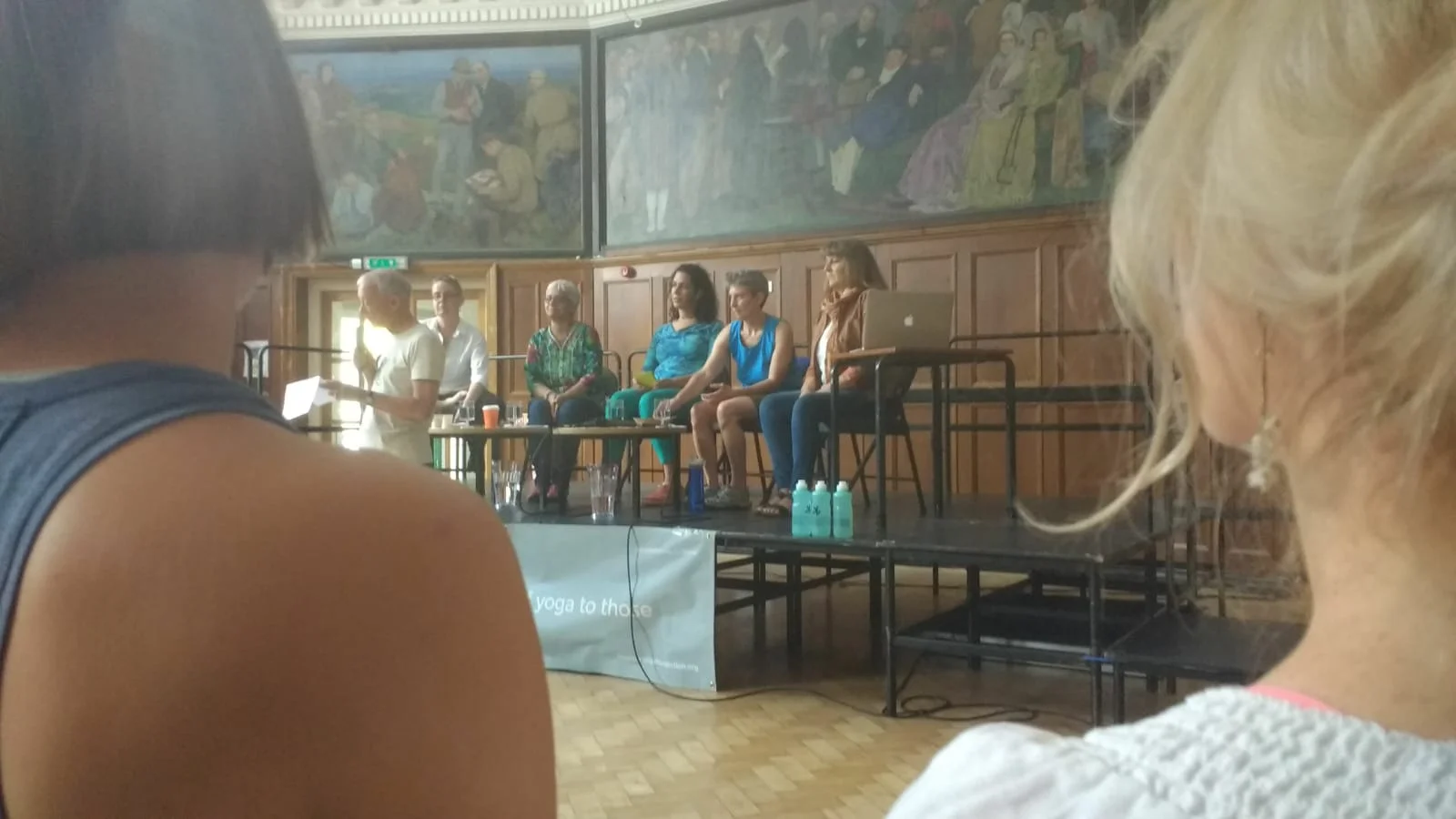When attending yoga, you might choose to go to a class in a yoga studio, a gym, or a community-driven class in a church hall or similar. But what if you’re finding a particular pose hard, and you can’t catch the teacher afterwards, or you’re not getting what you need from those gym classes, you might like to consider hitting someone you like up for a private sesh.
Hypermobility and yoga
Knee pain in yoga: it's probably your hips and bum
Let's talk about props, baby
When you start practicing yoga, props aren't usually top of the list. Instead, you'll probably be thinking about comfortable, stretchy clothing, enough space in your living room (if practicing at home) or how bendy you aren’t. But props are really a key part of maintaining a yoga practice, and this is why.
WTF, downward dog? Why is it so hard?
I just wanted to talk a bit about downward-facing dog, because, well, it's a really hard yoga pose, and one of the most well-known out there. If I had a pound for every time someone told me they couldn't stay in it, or that they'd left a yoga class after the teacher harassed them for not being able to do so, I'd be... well, not rich, but I could buy a Nandos?
Practicing yoga: forward folds
Culture of consent: yoga and kink
February 2020: 10 happy things
I am officially a yoga teacher!
Interview: Harriet McAtee, Lead Trainer, Yoga Quota
Harriet McAtee is the Lead Trainer of the teacher training programme at Yoga Quota, which works to bring yoga to underserved communities across the UK. Here she talks about what consent means to her, how Yoga Quota chooses to confront these issues, and what she thinks the yoga community is doing well, and what needs to happen next.
Interview: Eunice Laurel, founder of Movement for Healing
Eunice Laurel is a movement practitioner who founded Movement for Healing, which provides access to yoga and other healing arts tools to women impacted by sexual and domestic violence. Here she talks about her background and her thoughts on what consent really means.
Why can't I say no? The future of yoga teaching
Why can't I say no? All about consent
Why can't I say no? The teacher-student power imbalance
Power imbalance between teacher and student, whatever the discipline, is real and complex, affecting boundaries inside and outside of class. It’s time we considered how this imbalance affects us as teachers and as students; what impact it has on our consent practices, our use of touch, our interactions and the respect we have - or don’t - for each other.
The moral imperative: sexual violence and accountability in yoga
Last week I was privileged enough to spend some time at the Brighton Yoga Festival, organised by the Brighton Yoga Foundation. Chaired by Theo Wildcroft and Jacqueline Hargreaves, the panel hosted Jubilee Cooke and Karen Rain, who had both flown over from the States specially, and Josna Pankhania, who had flown over from Australia.
DON'T DO AS I SAY; DO AS I DO: on the role of the teacher as facilitator, not leader
In today’s world, where thousands of yoga classes take place every week, where we train as teachers and have to try and maintain our lifestyles by bringing in students, it might seem somewhat of an anachronism to ideate the idea of facilitation ahead of idolatry, which is what yoga, with its guru-led systems, has dealt with for so long.















